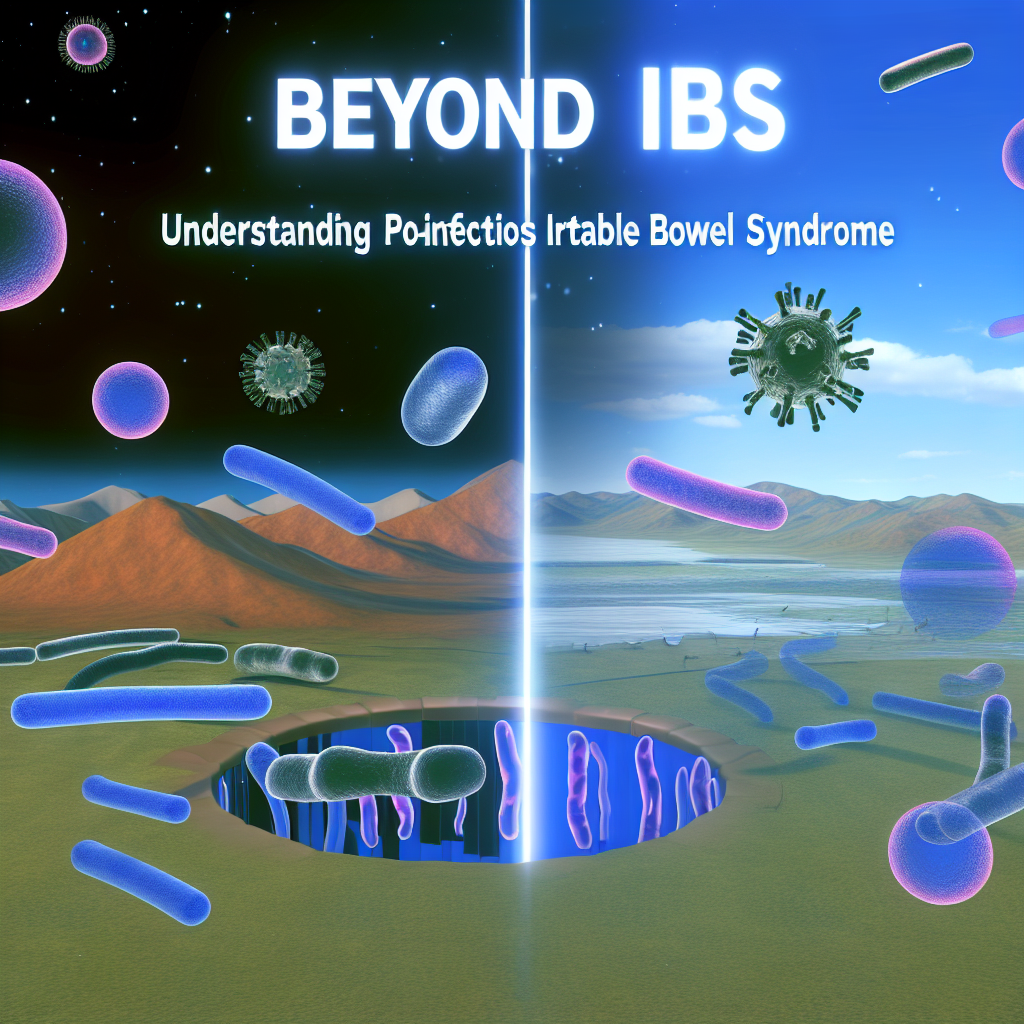Maintaining a comprehensive food journal can be a highly efficient method for diagnosing and controlling gastrointestinal problems. Here is how it can be beneficial:
Identifying Food Triggers:
Identifying the Perpetrators: Particular food items can provoke numerous gastrointestinal problems, such as irritable bowel syndrome (IBS). Keeping a food journal enables you to monitor your dietary intake and assess the subsequent impact on your well-being, facilitating the identification of potential triggers that exacerbate your symptoms.
Experimentation and pattern recognition can be achieved by meticulously documenting your meals and any subsequent digestive problems, employing a trial-and-error approach. This method can effectively identify and reduce the consumption of foods that may cause issues, enhancing your general gastrointestinal well-being.
Comprehending Symptoms:
A food diary monitors food consumption and documents symptoms such as bloating, gas, indigestion, diarrhea, or constipation. Having a broader perspective can assist you, and your doctor in comprehending the correlation between diet and particular symptoms.
Information is essential for effectively regulating your dietary intake.
Identifying Patterns: You can see recurring patterns in your symptoms, such as frequent heartburn or gas a few hours after consuming a specific dish. This information is essential for effectively regulating your dietary intake and proactively avoiding any potential discomfort.
Optimal Food Journaling Techniques:
Comprehensive Records: Document your food and beverage consumption, including the specific components, quantity quantities, and even the methods used for cooking. Providing a higher level of detail will facilitate the identification of potential triggers.
Timely Documentation: It is essential to document your meals and beverages as soon as possible after consuming them. The reliability of memory can be questionable, and rapidly collecting details guarantees correctness.
Symptom Monitoring: It is crucial to carefully observe and log any gastrointestinal troubles you encounter following food consumption. This entails meticulously noting and documenting the precise kind of symptoms, the degree of their intensity, and the temporal pattern in which they manifest.
Thoroughly monitoring your stomach conditions after eating might offer significant insights into any food intolerances, sensitivities, or digestive issues. By carefully observing the specific characteristics of symptoms such as bloating, abdominal discomfort, diarrhea, constipation, or nausea and assessing their influence on your overall comfort and well-being, you can start to recognize recurring patterns and potential food triggers.
Keeping a comprehensive record of your symptom encounters might be beneficial.
In addition, regularly monitoring the temporal correlation between the onset of symptoms and your meals might assist in identifying the specific items that may be causing the symptoms. Observing the timing of the symptoms, whether they manifest immediately, within a few hours, or even the next day, might help pinpoint the specific dietary factors responsible.
Keeping a comprehensive record of your symptom encounters might be beneficial if you consult a healthcare provider about your digestive well-being.
The data you gather can offer vital insights to aid in diagnosing any underlying illnesses and direct suitable therapeutic interventions. By diligently documenting your symptoms, you can actively participate in comprehending and controlling your gastrointestinal well-being.
Additional Remarks: It is advisable to include observations regarding your stress levels, quality of sleep, and any drugs you are currently taking. These factors occasionally impact digestion.
Length and Distribution:
Sustain for a Duration: Strive to maintain your food journal for a minimum of several weeks, preferably when you encounter digestive problems. This extended duration permits the identification of trends and probable causes.
You can take a proactive approach to comprehend your digestive problems and formulate a customized nutritional strategy.
Medical Consultation: Provide your doctor with your diet diary. It offers valuable perspectives on your eating patterns and assists in customizing therapy suggestions or dietary adjustments for optimal management of your gastrointestinal problems.
Further suggestions:
Mobile Applications: Numerous mobile applications have been developed specifically for food journaling. These applications can provide convenience and functionalities for monitoring meals and symptoms and generating reports.
Consistency is crucial: The more consistent you are in documenting your food consumption and symptoms, the more important the data will be in identifying triggers and effectively treating your disease.
By maintaining a comprehensive food journal, you can take a proactive approach to comprehend your digestive problems and formulate a customized nutritional strategy that enhances gastrointestinal well-being and alleviates discomfort.
Getting guidance from a doctor or qualified nutritionist to analyze your food diary information and develop a secure and efficient plan for addressing your particular stomach problems is advisable.

Dominic E. is a passionate filmmaker navigating the exciting intersection of art and science. By day, he delves into the complexities of the human body as a full-time medical writer, meticulously translating intricate medical concepts into accessible and engaging narratives. By night, he explores the boundless realm of cinematic storytelling, crafting narratives that evoke emotion and challenge perspectives.
Film Student and Full-time Medical Writer for ContentVendor.com




